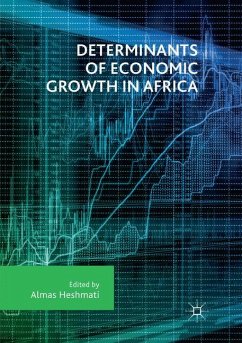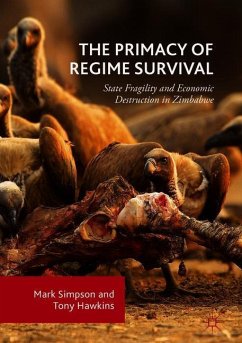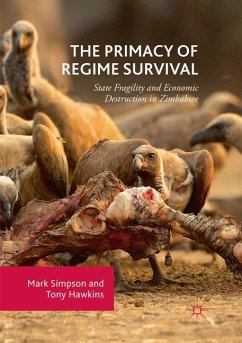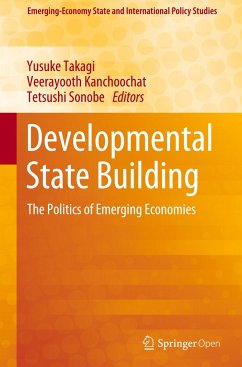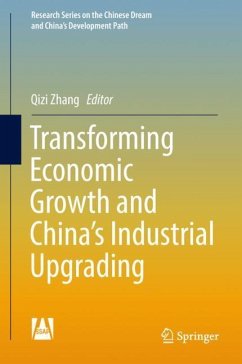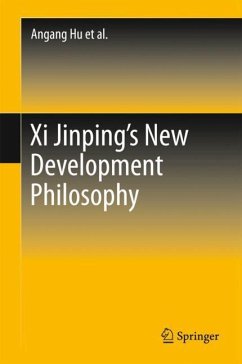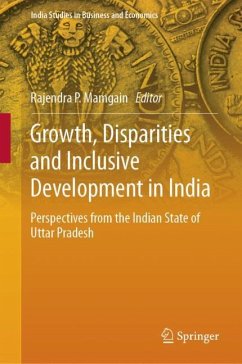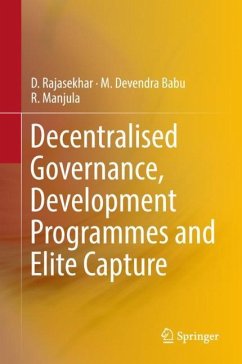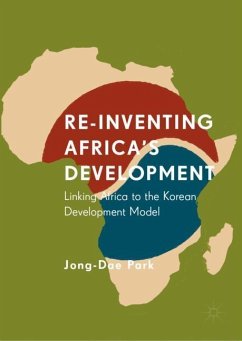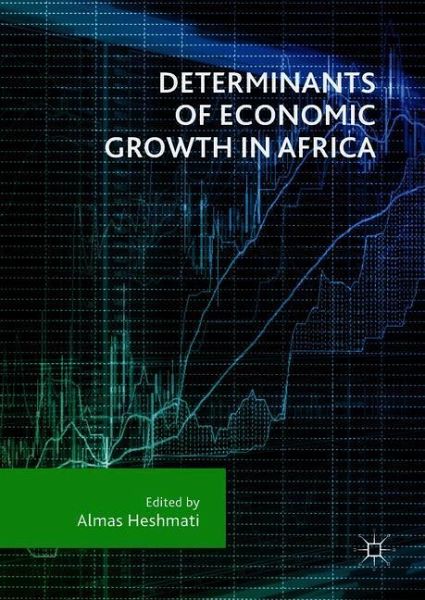
Determinants of Economic Growth in Africa

PAYBACK Punkte
57 °P sammeln!
This volume is a collection of selected empirical studies on determinants of economic growth in Africa. Grouped into three parts, chapters examine the influence of financial sources and economic growth; sources of productivity growth; and prices, exchange rates and trade relationships with growth in regions in Africa or the continent as a whole. This edited book is authored by African experts in the field who employ diverse up-to-date data and methods to provide robust empirical results based on representative firms, household surveys and secondary country level data covering individuals or mu...
This volume is a collection of selected empirical studies on determinants of economic growth in Africa. Grouped into three parts, chapters examine the influence of financial sources and economic growth; sources of productivity growth; and prices, exchange rates and trade relationships with growth in regions in Africa or the continent as a whole.
This edited book is authored by African experts in the field who employ diverse up-to-date data and methods to provide robust empirical results based on representative firms, household surveys and secondary country level data covering individuals or multiple countries on the continent. It contains a wealth of empirical evidence, deep analyses and sound recommendations for policymakers and researchers for designing and implementing effective social and national policies and strategies to prevent and to reduce poverty and its negative effects on poor households and in poor regions.
The volume will be a useful resource for policymakers and researchers involved in promoting economic growth and fighting poverty. It will also appeal to a broader audience interested in economic development, resource economics, policies, economic welfare and inclusive growth.
This edited book is authored by African experts in the field who employ diverse up-to-date data and methods to provide robust empirical results based on representative firms, household surveys and secondary country level data covering individuals or multiple countries on the continent. It contains a wealth of empirical evidence, deep analyses and sound recommendations for policymakers and researchers for designing and implementing effective social and national policies and strategies to prevent and to reduce poverty and its negative effects on poor households and in poor regions.
The volume will be a useful resource for policymakers and researchers involved in promoting economic growth and fighting poverty. It will also appeal to a broader audience interested in economic development, resource economics, policies, economic welfare and inclusive growth.





